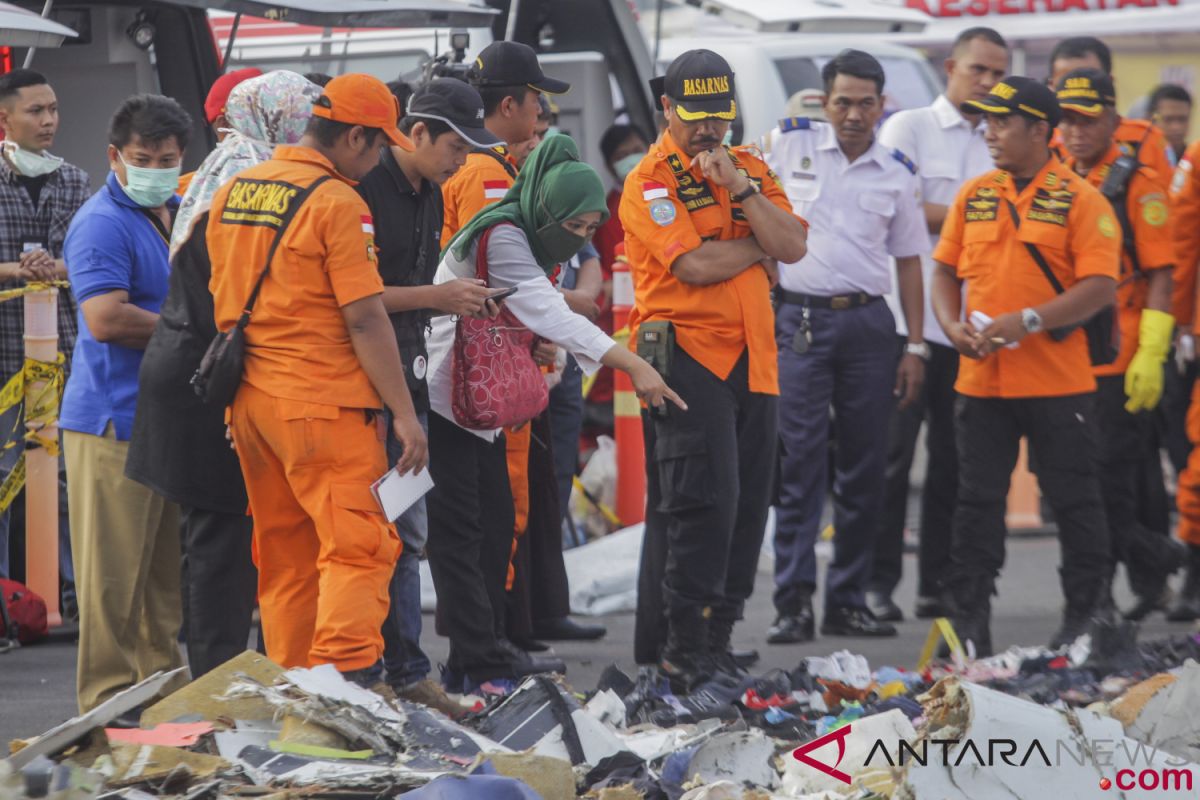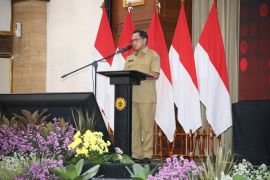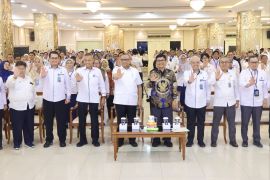"Our team is providing assistance to the families of the victims. This is not trauma healing," Wiene Dewi, who is the coordinator of the psychosocial assistance team from the Association, better known as Himpsi, told Antara at the Ibis Hotel in Cawang, Jakarta, on Wednesday.
Ahead of providing psychosocial assistance, the Association had coordinated with the Air Force, Police Force, and Lion Air management.
"There are quite a lot of people here today. Our team consists of 10 people, and there are two psychologists from the Air Force," she explained.
She further stated that through the psychosocial assistance, they aim to create relaxation and emotional stability among those affected.
"We observe them and listen to them as they cry, in order channel out their emotions. We also try to make conversations with them," she continued.
The psychologists who were on duty have been providing assistance since Monday, through a kinship and proactive approach, to the families who may need such help.
"Should they need accompaniment, we would be called in. We will also visit the families of the victims," she reiterated.
Dewi noted that the mental conditions faced by the families, including stress, lack of sleep, rush of thoughts, anxiety, and other conditions, are normally experienced after a tragic event, such as a plane crash, happens.
The psychosocial assistance is planned to be carried out until Sunday depending on the situation.
"We do not offer advises, but focus more on listening and accompanying them and offer them a shoulder to cry, unless they need special treatments," she remarked.
The services is being offered until 8 p.m., but can be extended depending on the needs on the ground.
She also explained that the psychological first aid, which is believed to be effective, is being offered to those who need it.
The first step is to fulfill the basic requirements, such as sufficient food, drink, and sleep, as well as maintain health and safety.
The second step is to actively listen to them. The third step is to accept the victim`s situation by responding with a smile and not acting as an advisor.
The fourth step is to calm down the victims. In the fifth stage, if necessary, we refer them to experts such as psychiatrists.
Reporting by Martha Herlinawati S
Editing by Aria Cindyara, Yoseph Hariyadi
Reporter: antara
Editor: Heru Purwanto
Copyright © ANTARA 2018












